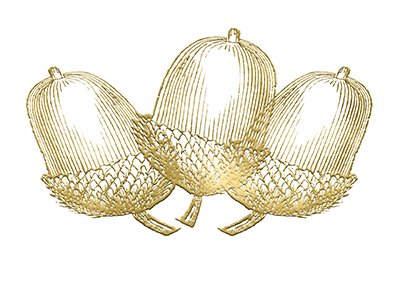Pascal’s Pensees
When Blaise Pascal, a brilliant French philosopher and mathematician, died in 1662 he left behind a bundle of unpublished papers that may have been a draft for a book. They are called his ‘thoughts’ - pensees in French. Included within them is his famous ‘wager’ for atheists. In a nutshell, it is this: if you believe in God when you die, and it turns out that Christianity is wrong, you lose nothing; but if you don’t believe in God when you die, and Christianity is true, then you lose everything. He explains it much better than I do!
In this small postcard I focused on one of Pascal’s ideas in particular, one that is deeply mystifying to me. The most wonderful introduction to Pascal is Peter Kreeft’s book, titled Christianity for Modern Pagans: Pascal’s Pensees. To quote from Kreeft: Jesus came to “give light as a gift, not to force light on us.”
That is, God does not impose his existence to the degree that it would strip from us the freedom he gave us from the beginning. We are not slaves; nor robots. Pascal wrote: “Jesus came to blind those who have clear sight and to give sight to the blind.”
This was such a puzzle, such a mystery to me. Peter Kreeft explains that it has something to do with pride and humility. He writes: “Christ does not deliberately and delightedly hide from the wicked or blind them. He can’t help it, just as the sun can’t help shining … He blinds sinners simply by being what he is.” To be prideful is to believe that we see and understand everything, that we are quite sure of ourselves and our place in the cosmos. To be truly humble is to open ourselves to Christ, and in the midst of our sufferings and doubts to trust what Jesus tells us; to trust that he is indeed who he says he is. And then to follow him.
This postcard was made with mixed collage, papers, ink, paints, and vintage ephemera.
Reference: Christianity for Modern Pagans: Pascal’s Pensees, edited, outlined & explained, by Peter Kreeft; Ignatius Press, San Francisco, 1993.

